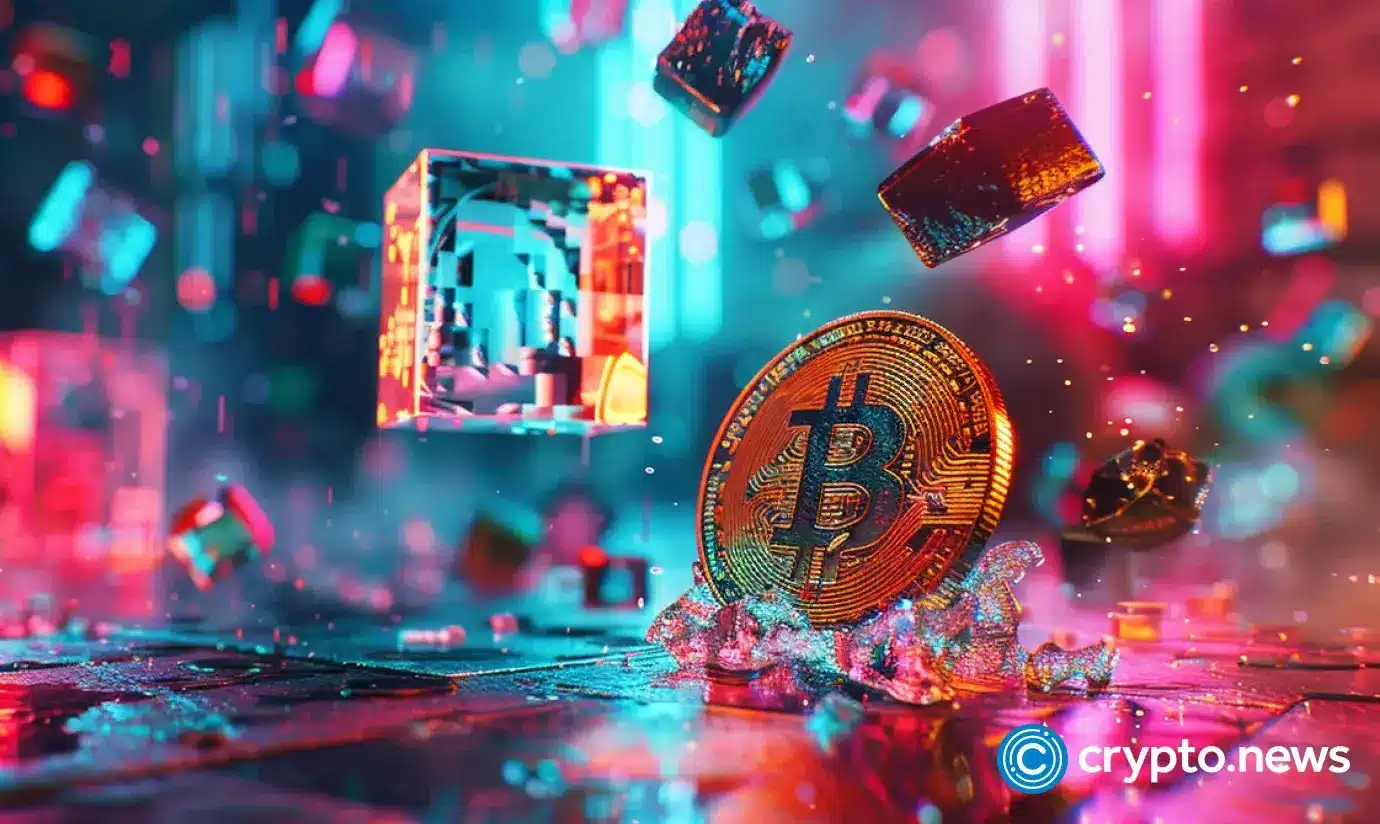Cool Orologi: Timeless Trends
Explore the fascinating world of watches and timepieces.
Game On: How Cryptocurrency Is Leveling Up the Gaming Experience
Discover how cryptocurrency is revolutionizing gaming! Unlock new experiences, earn rewards, and level up your gameplay today.
Unlocking New Realms: The Impact of Cryptocurrency on In-Game Economies
The rise of cryptocurrency has introduced a transformative layer to in-game economies, allowing players to own, trade, and monetize their virtual assets in unprecedented ways. Traditionally, players invested time and resources into games, only to find that their achievements were confined within the game's environment. However, with the advent of blockchain technology and digital currencies, items such as skins, weapons, and even characters can now be tokenized, providing a tangible value outside the game itself. This transition not only empowers players but also cultivates a thriving marketplace where players can buy, sell, and trade assets freely, often leading to increased player engagement and satisfaction.
Moreover, the integration of cryptocurrency into gaming has led to the emergence of decentralized platforms where players can participate in in-game economies that reward them for their contributions. Game developers are increasingly adopting models that incorporate cryptocurrencies, allowing for a more fair and transparent distribution of rewards. As players earn tokens that can be traded for real-world value, the concept of 'play-to-earn' has gained momentum, creating new income opportunities for gamers around the globe. For instance, blockchain-based games like Axie Infinity have popularized this model, highlighting the potential of cryptocurrencies to reshape player interaction and the overall gaming experience.

Counter-Strike is a popular first-person shooter game that emphasizes teamwork and strategy. Players can engage in various game modes, including bomb defusal and hostage rescue, showcasing their skills in tactical gameplay. If you're looking for ways to enhance your gaming experience, check out the duelbits promo code which can offer great benefits.
Play-to-Earn: How Blockchain is Reshaping Gamer Incentives
The rise of Play-to-Earn models is fundamentally transforming the gaming landscape, offering players a unique opportunity to not only enjoy their favorite games but also earn real monetary rewards. By integrating blockchain technology, developers are creating decentralized ecosystems where gamers can earn cryptocurrency or unique non-fungible tokens (NFTs) through gameplay. This shift not only incentivizes players to invest time and effort into their gaming experiences but also fosters a sense of ownership over in-game assets, which can be traded or sold in various marketplaces.
As competition grows in the gaming industry, Play-to-Earn models position themselves as a compelling alternative to traditional gaming revenue streams. They appeal to a broader audience by providing a viable source of income for players around the world, including those in developing regions. Additionally, the transparency and security offered by blockchain technology ensure that earnings are verifiable and safe from manipulation, enhancing overall trust in these new gaming ecosystems. As this trend continues to gain momentum, the future of gaming could very well hinge on the successful integration of economic incentives that empower players.
Is Cryptocurrency the Future of Gaming? Exploring the Pros and Cons
The rise of cryptocurrency has sparked a revolution across various sectors, with gaming being one of the most promising areas for its application. On one hand, cryptocurrencies offer gamers a decentralized and secure method of payment, allowing for instant transactions without the need for traditional banking systems. This can enhance the gaming experience by enabling in-game purchases and rewards to be traded freely among players. Furthermore, blockchain technology ensures ownership of digital assets, providing players with true ownership of their virtual goods. However, this innovation does not come without its challenges. The volatility of cryptocurrencies can impact players' investments, making them wary of integrating these assets into their gaming experiences.
On the flip side, the adoption of cryptocurrency in gaming poses significant hurdles. The gaming community is often skeptical about the potential for scams and misuse within the ecosystem. The lack of regulatory oversight can lead to complicated legal issues, and many gamers may find the technical aspects of cryptocurrencies daunting. Moreover, concerns around the environmental impact of cryptocurrency mining have also been raised, with some players advocating for more sustainable practices. As the industry evolves, understanding these pros and cons will be crucial for both developers and gamers alike in determining if cryptocurrency truly represents the future of gaming.